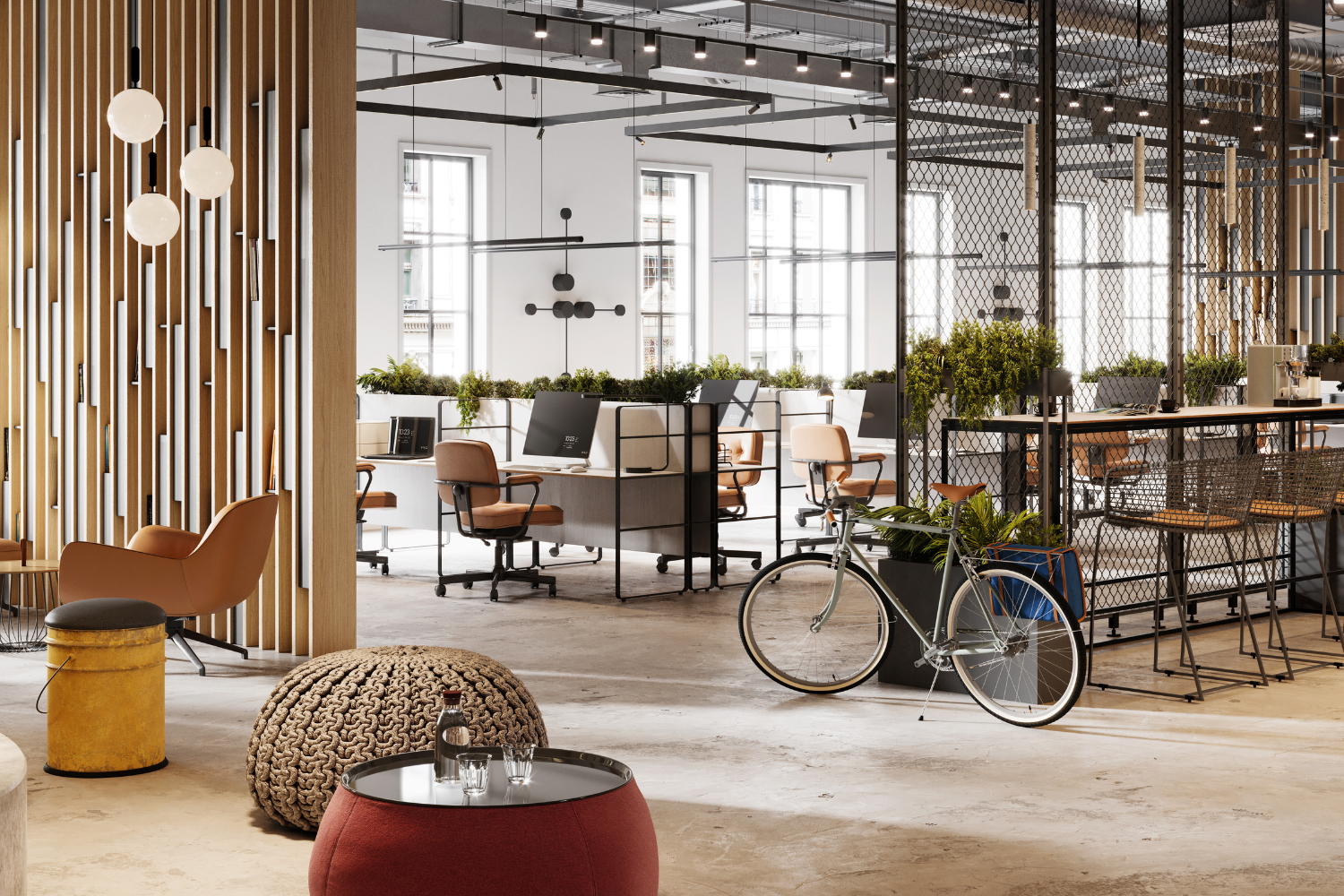Confidence in cleaning counts.
Providing reassurance as workers return to the office
Since Covid restrictions lifted in England on 19th July 2021, people have no longer been asked to work at home and workplaces have started to open their doors once again to welcome their employees back.
However, if employees are to venture back to the office, for many, reassurance that adequate cleaning and hygiene measures have been put in place are likely to play a key role in that decision to return.
Facilities managers have a vital role to play in getting the nation back to work. But where should you start and what steps do you need to take to safely reopen your workplace?
Here, Christopher Eames, MD at Pyndar, looks at the role cleaning and hygiene has in providing reassurance for employees as they return to the office.
Cleaning and hygiene in the spotlight
The pandemic brought cleaning into sharp focus, becoming a key priority for all businesses and being placed front and centre in the mandatory Covid-19 workplace risk assessments. We all became aware of the need to stop the spread of the virus, an awareness that is likely to continue even as Covid-19 moves from a pandemic to an endemic situation.
Reinforcing cleaning processes is one of the five key steps outlined in the official government guidance on working safely during the coronavirus pandemic, which states that workplaces should be cleaned more frequently, paying close attention to high-contact objects like door handles and keyboards, and that employers should provide handwashing facilities or hand sanitisers at entry and exit points.
Workplaces are placing an emphasis on cleaning as part of their return-to-work guidelines, providing a visual reassurance and demonstrating to staff that their employer is prioritising their health and well-being.
At Pyndar, we have seen a shift in how our cleaning teams are perceived.
Before the pandemic, our teams would work while workplaces were closed, to ensure any possible disruption to staff and visitors was kept to a minimum. Now, however, employees are keen to see the cleaning teams on-site during the day – providing reassurance that cleaning protocols are in place and that cleaning is being carried out on a regular basis.
How have cleaning and hygiene standards changed since the pandemic began?
Our teams have always cleaned to a high standard, but there are now official guidelines for workplace cleaning outlined by the Health and Safety Executive, that requires a full cleaning and hygiene risk assessment to be conducted in order to deliver a safe working environment.
As we hopefully move towards some sort of normality, office environments are mirroring wider government advice; in line with rules around Covid being relaxed, we have seen a decrease in clients requiring high-intensity cleaning methods such as room fogging, moving instead to a routine based more around the regular cleaning of shared spaces and high contact points.
Rather than the focus being on cleaning individual desk space, the priorities are now communal areas used by staff and visitors throughout the day, such as kitchens, receptions, and meeting rooms. Kitchens are cleaned continuously whilst meeting rooms are cleaned after each use and prepared for the next visitors.
How does a clean office environment impact staff well-being and productivity?
Maintaining cleanliness in the workplace not only creates a healthier environment for employees but also tends to help companies become more efficient and productive.
Buildings that are safe, welcoming, and efficient, create environments where people feel more engaged, and the provision of clean and hygienic workspaces can also demonstrate an employer’s commitment to staff welfare.
Maintaining high standards of cleanliness and hygiene can be key indicators to prospects and clients of a company’s broader attention to detail, and a beautifully maintained and presented environment also serves as a potential opportunity to differentiate them from their competitors.
Expectations of the workplace are constantly evolving with employees looking for environments that not only function effectively and keep them safe from viruses and health risks but which are also always looking their best.
Taking these steps will keep the workforce motivated and productive, as well as helping a business attract and retain talent.
Focusing on environmental priorities
As tackling Covid became a global priority, many clients had to temporarily put their commitments to sustainability to one side. Increased cleaning protocols meant an inevitable increase in single use plastics with cloths, gloves and masks being disposed of after just one use, and harsh chemicals were deemed necessary to combat the potential transmission of the virus from touching surfaces.
But as our understanding of Covid has improved, we believe that facilities management companies can play a key role in helping to balance health with environmental awareness. Here at Pyndar, we are leading that charge with our clients, exploring other ways that we can help them to reset their environmental impact, while at the same time ensure hygiene remains a priority.
One method of keeping surfaces hygienic and clean is the controlled application of UV-C light. We have also been trialing the use of ionised water which can kill viruses on contact without the need for using chemicals, making it one of the most noteworthy new trends in green cleaning.
Great businesses deserve great workplaces
We deliver workplaces that work for our clients and if your workplace is working seamlessly, then we are doing our job properly.
To create a workspace where staff can flourish, and clients and visitors feel at their most comfortable, you need a facilities management company with the operational skills and management expertise to bring that vision into reality.
Contact us now at transform@pyndar.uk to find out how our range of services can help ambitious businesses like yours to thrive, grow and make a difference.
Trends & Insights
The strategic imperative of overcoming SME sustainability challenges
Organisations of all sizes have an important role to play in tackling climate change. However, with small and medium-sized en ... Read more
Where Artificial Intelligence ends: The ongoing need for human expertise in facilities management
Artificial Intelligence (AI) continues to redefine operational efficiencies across the built environment. Intelligent systems ... Read more
Collaborating for a greener future: Achieving sustainability goals through effective waste management
An increasingly hot topic, addressing environmental obligations and targets has surged in significance within boardrooms and ... Read more



